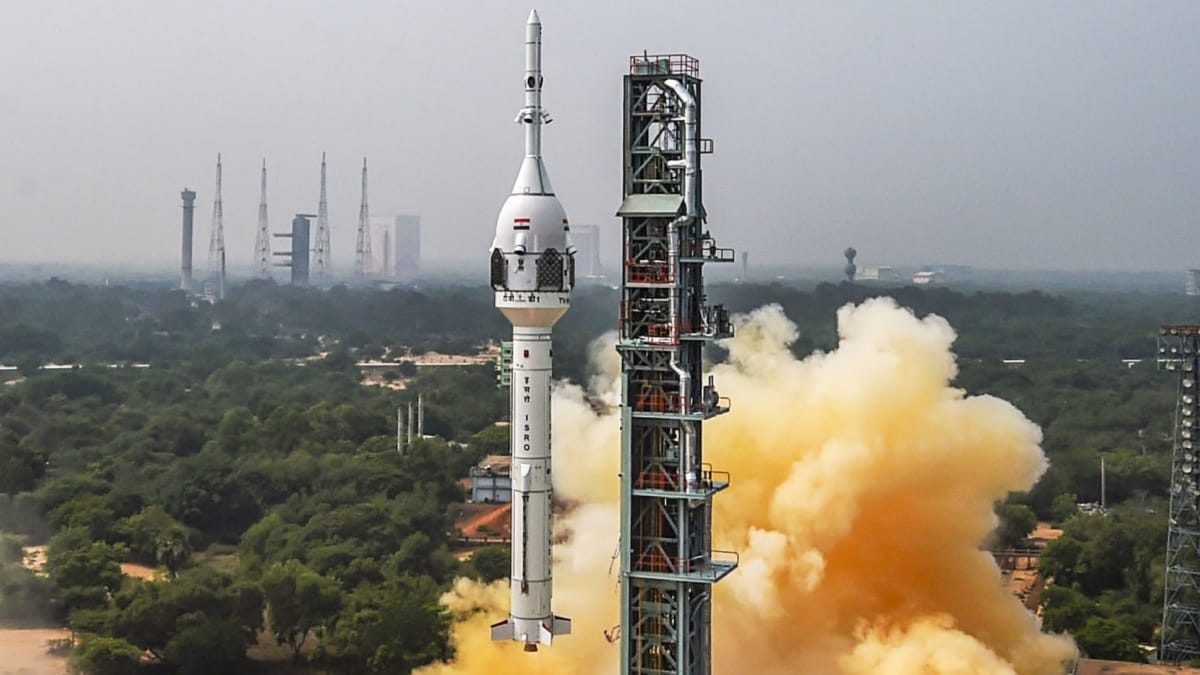India's space mission is set for a historic summer as the Indian Space Research Organisation (ISRO) announces the launch window for its PSLV-C61 mission, which will carry the sophisticated EOS-09 satellite, between May and July 2025.
PSLV-C61 and EOS-09: A Giant Leap in Earth Observation
PSLV-C61 flight will launch India's latest generation EOS-09 satellite, bearing a C-band synthetic aperture radar. The latest payload will permit high-resolution sensing of Earth's surface with no weather or daytime restrictions, with the capability providing vital data any time, any place. This capability will highly augment India's earth observation, disaster management, and environmental surveillance infrastructure.
Busy Season for ISRO
The PSLV-C61/EOS-09 launch is one of a record number of ambitious missions scheduled in the coming months:
-
May 2025: India will be sending Indian Air Force Group Captain Shubhanshu Shukla to the International Space Station (ISS) aboard Axiom Space's Ax-4 mission, the first Indian to visit the ISS and the first Indian in space since 1984.
-
Test Vehicle-D2 (TV-D2): The second major mission will mimic an abort situation and test the Gaganyaan Crew Escape System, including recovery from the sea for the crew module—milestones toward India's first domestically developed human spaceflight.
-
June 2025: The NASA-ISRO Synthetic Aperture Radar (NISAR) satellite will be launched on GSLV-F16 with the goal to monitor Earth's ecosystems and natural disasters using dual-frequency radar.
-
July 2025: LVM3-M5 mission will carry commercial BlueBird Block-2 satellites for AST SpaceMobile Inc. on behalf of the commercial space expansion of India.
Strategic Significance
The all-day, all-weather imaging capacity of the EOS-09 satellite is a significant step forward for India's remote sensing fleet. The mission marks ISRO's increasing technical capabilities and its ability to serve national needs as well as international scientific collaborations. The impending launches also underscore India's increasing role in global space partnerships and its push toward operational capability for future manned missions.
"India is poised for its next space achievement," stated Dr. Jitendra Singh, Union Minister of State for Science and Technology, highlighting the strategic significance of these missions for India's vision of a technologically empowered and self-reliant country.
Sources: The New Indian Express Press Information Bureau (PIB) Economic Times Government BusinessWorld
